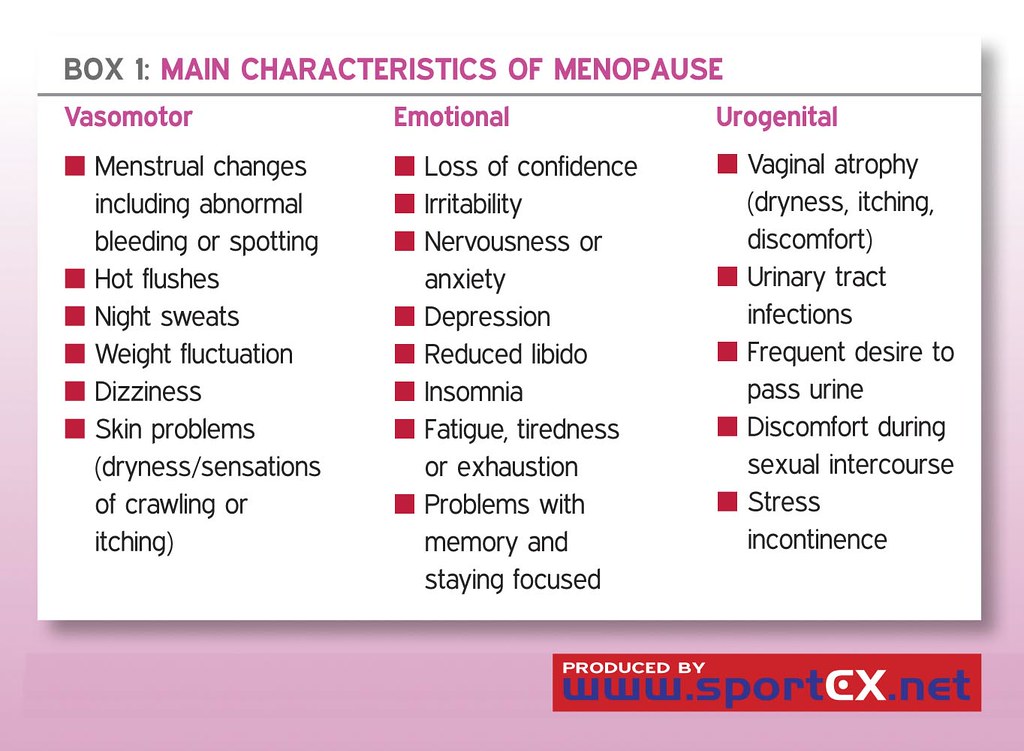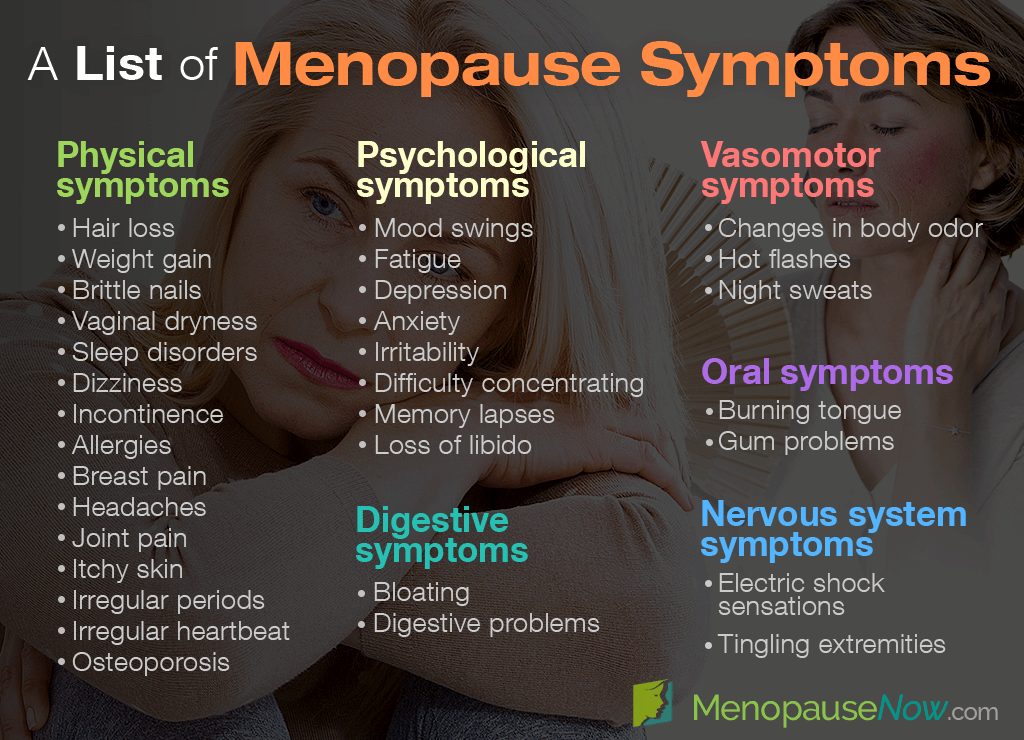Early menopause, also known as premature ovarian insufficiency or POI, refers to the cessation of menstruation before the age of forty. This condition affects approximately one percent of women globally and can have profound physical, emotional, and psychological effects. Understanding the causes, recognizing the symptoms, and exploring available treatments are essential steps for women who may be experiencing this life-altering transition.

What is Early Menopause?
Menopause is a natural biological process that marks the end of a woman’s reproductive years. It typically occurs between the ages of forty-five and fifty-five. However, when menopause happens before the age of forty, it is considered early menopause. Unlike regular menopause, which occurs gradually over several years, early menopause often happens suddenly, leaving women unprepared for its effects.
During early menopause, the ovaries stop producing eggs and significantly reduce their production of estrogen and progesterone. This hormonal imbalance leads to a variety of symptoms and long-term health risks, making it crucial to address both the immediate and future implications of this condition.
Causes of Early Menopause
The exact cause of early menopause is not always clear, but several factors can contribute to its onset. These include genetic predispositions, autoimmune disorders, medical treatments, and lifestyle factors.
Genetic Factors
Family history plays a significant role in the likelihood of experiencing early menopause. If a woman’s mother or sister has gone through early menopause, she may be at a higher risk of experiencing it herself. Certain genetic conditions, such as Turner syndrome, can also lead to early ovarian failure.
Autoimmune Disorders
In some cases, the body’s immune system mistakenly attacks the ovaries, leading to their premature failure. Autoimmune diseases like thyroiditis, rheumatoid arthritis, and lupus are commonly associated with early menopause. These conditions cause inflammation and damage to ovarian tissues, disrupting normal function.
Medical Treatments
- Cancer Treatments: Chemotherapy and radiation therapy can damage the ovaries, causing them to stop functioning properly. Women undergoing these treatments are often advised about the potential impact on their fertility and hormonal balance.
- Surgical Removal of Ovaries: A hysterectomy or oophorectomy (removal of the ovaries) will induce immediate menopause, regardless of the woman’s age.
Lifestyle and Environmental Factors
Smoking, excessive alcohol consumption, and exposure to environmental toxins have been linked to an increased risk of early menopause. These factors can accelerate ovarian aging and disrupt hormonal regulation. Additionally, chronic stress and poor nutrition may contribute to hormonal imbalances that trigger early menopause.
Symptoms of Early Menopause
The symptoms of early menopause are similar to those experienced during regular menopause but often occur more abruptly. Recognizing these symptoms is key to seeking timely medical intervention and support.
Irregular Periods
One of the earliest signs of early menopause is irregular menstrual cycles. Women may notice changes in the frequency, duration, or flow of their periods. Over time, menstruation may stop altogether.
Hot Flashes and Night Sweats
Hot flashes and night sweats are hallmark symptoms of menopause. These sudden waves of heat can cause discomfort, disrupt sleep, and lead to fatigue. They occur due to fluctuating estrogen levels affecting the body’s temperature regulation.
Vaginal Dryness
Decreased estrogen levels can lead to vaginal dryness, itching, and discomfort during intercourse. This symptom can significantly impact a woman’s quality of life and intimate relationships.
Mood Changes
Hormonal fluctuations during early menopause can result in mood swings, irritability, anxiety, and depression. Many women find themselves struggling with emotional challenges as they navigate this transition.
Decreased Libido
A decline in sexual desire is another common symptom. Lower estrogen levels can affect arousal and make intimacy less enjoyable, contributing to relationship strain.
Sleep Disturbances
Insomnia and other sleep disturbances are prevalent among women experiencing early menopause. Hormonal changes, coupled with night sweats, can make it difficult to achieve restful sleep.
Osteoporosis Risk
Estrogen plays a vital role in maintaining bone density. With reduced estrogen levels, women with early menopause face an increased risk of developing osteoporosis, a condition characterized by weakened bones and a higher likelihood of fractures.
Treatments for Early Menopause
While early menopause cannot be reversed, there are various treatment options available to manage symptoms and mitigate long-term health risks. The choice of treatment depends on the individual’s symptoms, personal preferences, and overall health.
Hormone Replacement Therapy
Hormone replacement therapy is one of the most effective ways to alleviate symptoms of early menopause. By supplementing the body with estrogen and progesterone, hormone replacement therapy helps restore hormonal balance, reducing hot flashes, vaginal dryness, and mood swings. It also protects against bone loss and cardiovascular disease.
However, hormone replacement therapy is not suitable for everyone. Women with a history of breast cancer, blood clots, or certain liver diseases may need alternative treatments. Consulting a healthcare provider is essential to determine whether this option is safe and appropriate.
Non-Hormonal Medications
For women who cannot use hormone replacement therapy, non-hormonal medications can provide relief from specific symptoms. Antidepressants, such as selective serotonin reuptake inhibitors, can help manage mood changes and hot flashes. Medications designed to treat osteoporosis may also be prescribed to protect bone health.
Lifestyle Modifications
Adopting a healthy lifestyle can significantly improve the quality of life for women experiencing early menopause. Key strategies include:
- Dietary Changes: Consuming a balanced diet rich in calcium, vitamin D, and phytoestrogens can support bone health and alleviate symptoms. Foods like soy, flaxseeds, and legumes contain plant-based compounds that mimic estrogen.
- Exercise: Regular physical activity helps maintain bone density, improves mood, and promotes better sleep. Weight-bearing exercises, such as walking and strength training, are particularly beneficial.
- Stress Management: Techniques like yoga, meditation, and deep breathing can reduce stress and improve emotional well-being.
Vaginal Moisturizers and Lubricants
To address vaginal dryness, over-the-counter moisturizers and lubricants can provide temporary relief. These products help restore moisture and comfort, making intimacy more enjoyable.
Fertility Preservation Options
For women who wish to have children, early menopause presents unique challenges. Fertility preservation options, such as egg freezing or in vitro fertilization using donor eggs, may be considered before the onset of menopause. Consulting a fertility specialist can help explore available options and plan for the future.
Emotional Support and Counseling
Navigating early menopause can be emotionally taxing. Seeking support from therapists, support groups, or trusted friends and family members can help women cope with the psychological impact of this transition. Counseling can provide tools to manage anxiety, depression, and feelings of loss related to fertility and aging.
Long-Term Health Considerations
Women with early menopause face an increased risk of certain health conditions due to prolonged exposure to low estrogen levels. Understanding these risks allows for proactive management and prevention.
Cardiovascular Disease
Estrogen plays a protective role in heart health. Women with early menopause are at a higher risk of developing cardiovascular diseases, including heart attacks and strokes. Maintaining a heart-healthy lifestyle through diet, exercise, and regular check-ups is crucial.
Osteoporosis
As mentioned earlier, the decline in estrogen levels increases the risk of osteoporosis. Regular bone density screenings and adherence to preventive measures, such as adequate calcium intake and weight-bearing exercises, are essential for preserving bone health.
Cognitive Decline
Some studies suggest that early menopause may be linked to an increased risk of cognitive decline and dementia later in life. Engaging in mentally stimulating activities, staying socially connected, and prioritizing brain health can help mitigate this risk.
Conclusion
Early menopause is a complex and multifaceted condition that requires comprehensive care and attention. By understanding its causes, recognizing its symptoms, and exploring available treatments, women can take control of their health and well-being during this challenging time.





